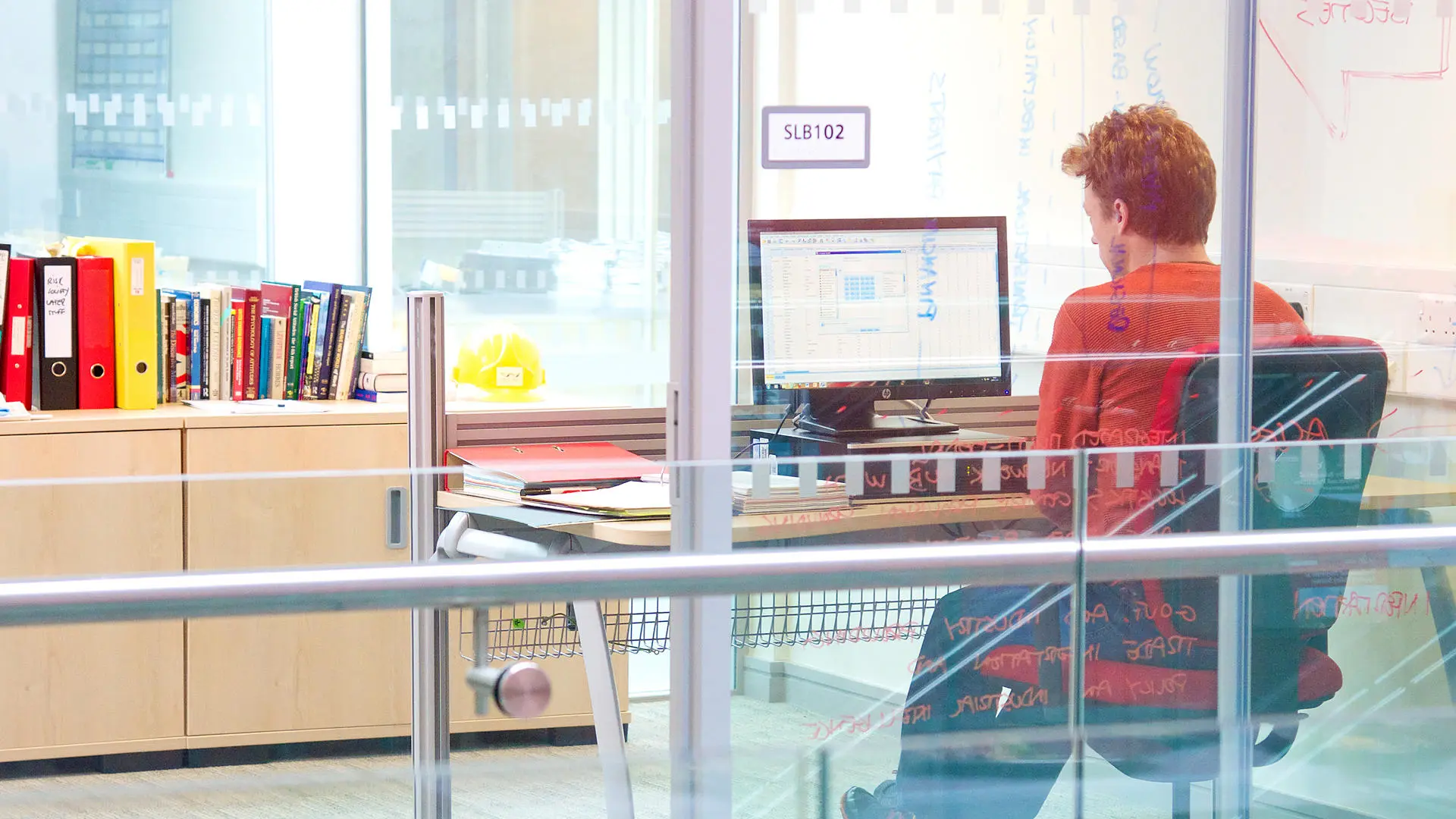There are 2,500,000 cancer survivors in the UK and, as this number continues to increase, regular, face to face Hospital-Based Follow-Up outpatient appointments have become increasingly unsustainable, both practically and economically.
Research by Kinta Beaver has benefitted the NHS by demonstrating that Telephone Follow-Up is equally effective, and as beneficial to these patients, as a hospital-based follow-up. The research impacts on policy and clinical practice guidelines for the British Gynaecological Society, Cancer Australia and also in Canada.
Patients and practitioners have expressed their satisfaction with Telephone Follow-Up, with one Gynaecology Oncologist commenting: “This is the preferred choice by patients as it is delivered at home… by specialist nurses who know the patients and can spend more time discussing their holistic needs.” By demonstrating that Telephone Follow-Up is clinically cost-effective with high levels of patient satisfaction, implementing the research has changed the way these services are delivered.
The work has benefitted patients and healthcare staff in the North West of England and has made a national impact on policy and clinical guidelines. Internationally however, it has led to recommendations for the use of Telephone Follow-Up to replace face to face hospital appointments and so lower the risk of COVID-19 transmission during cancer treatment.
Research team
- Professor Kinta Beaver
- Dr Pierre Martin-Hirsch
- Dr Susan Williamson
- Dr Chris Sutton

